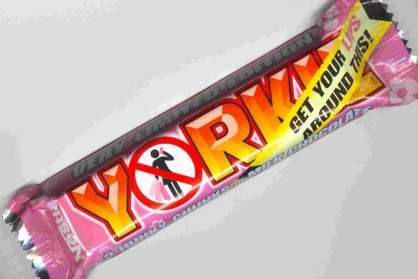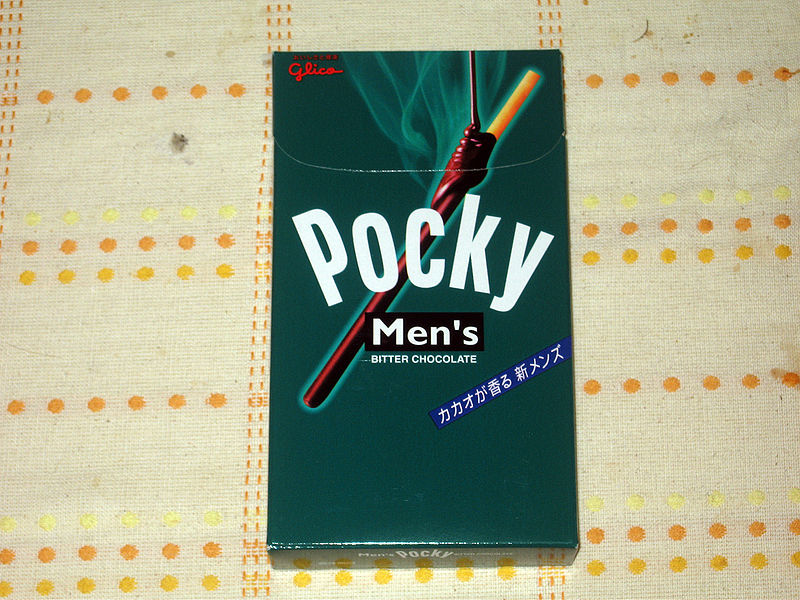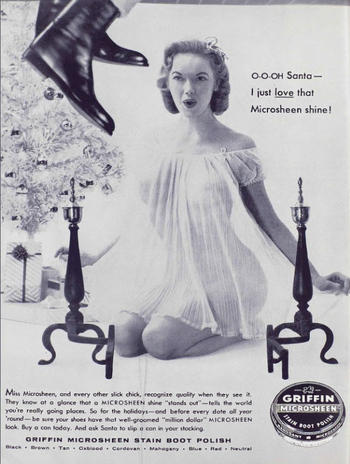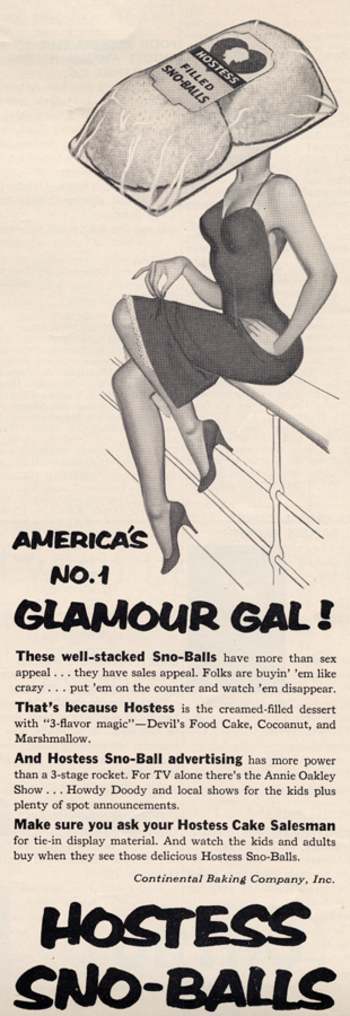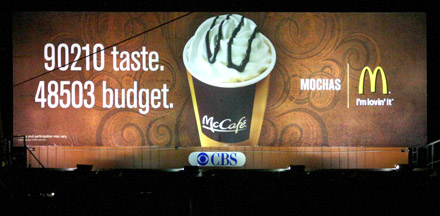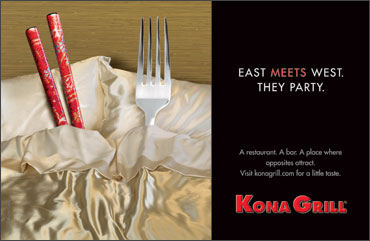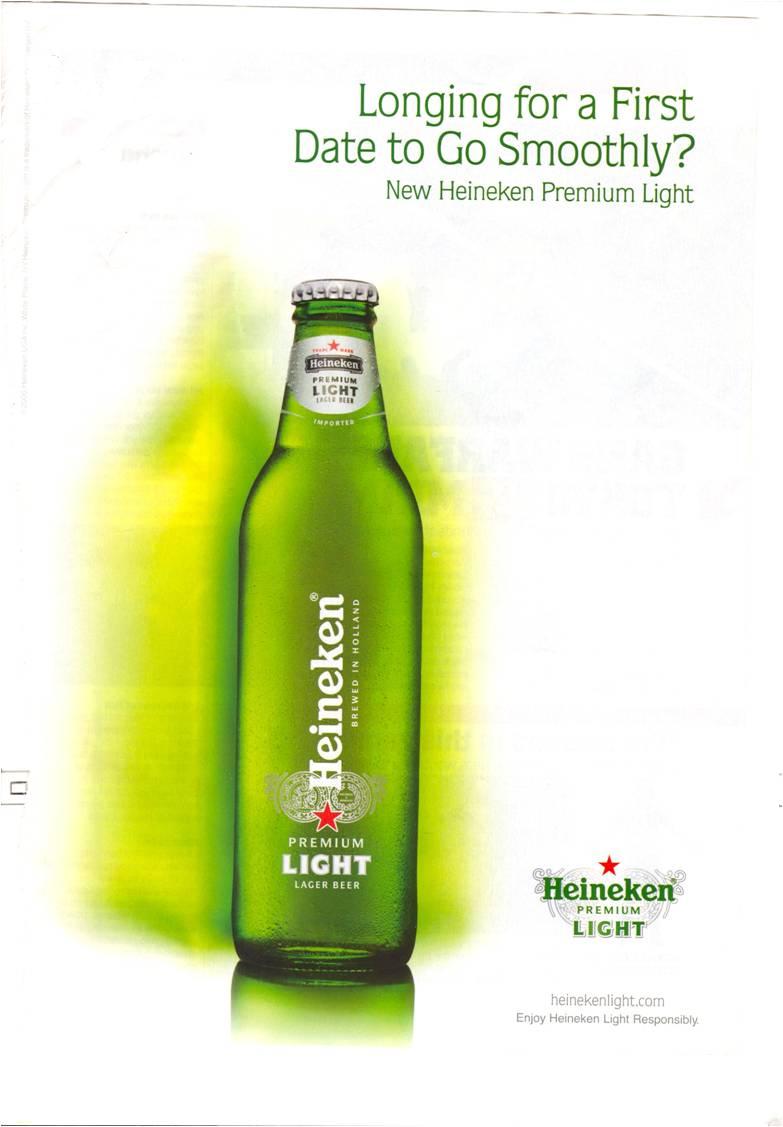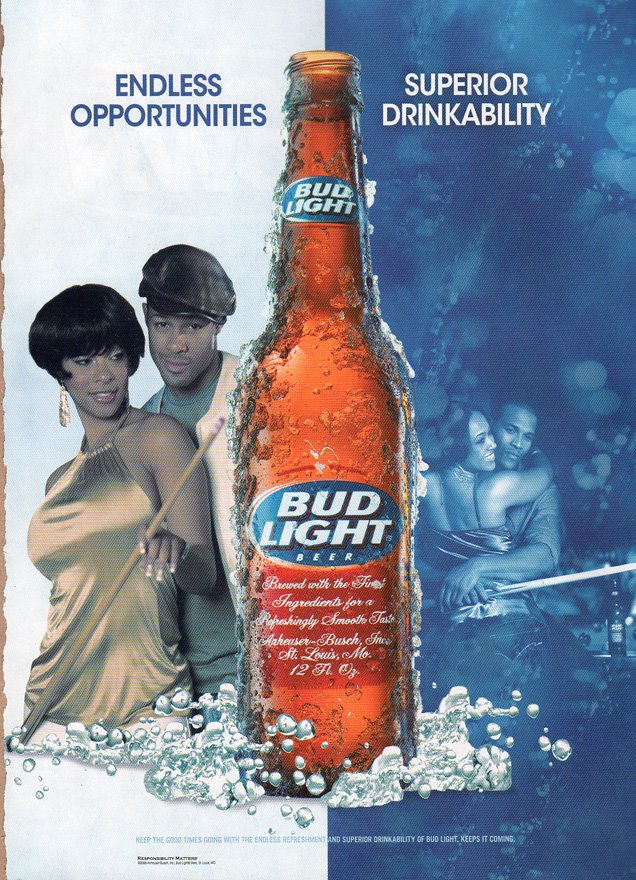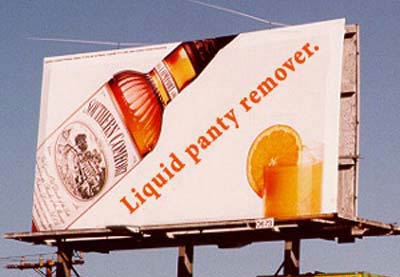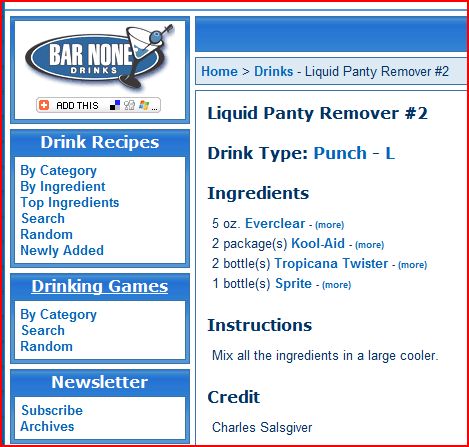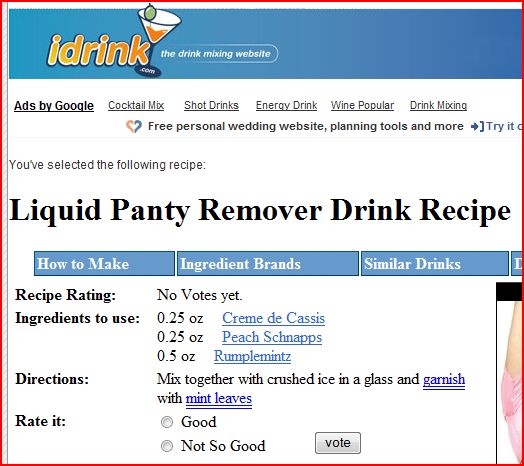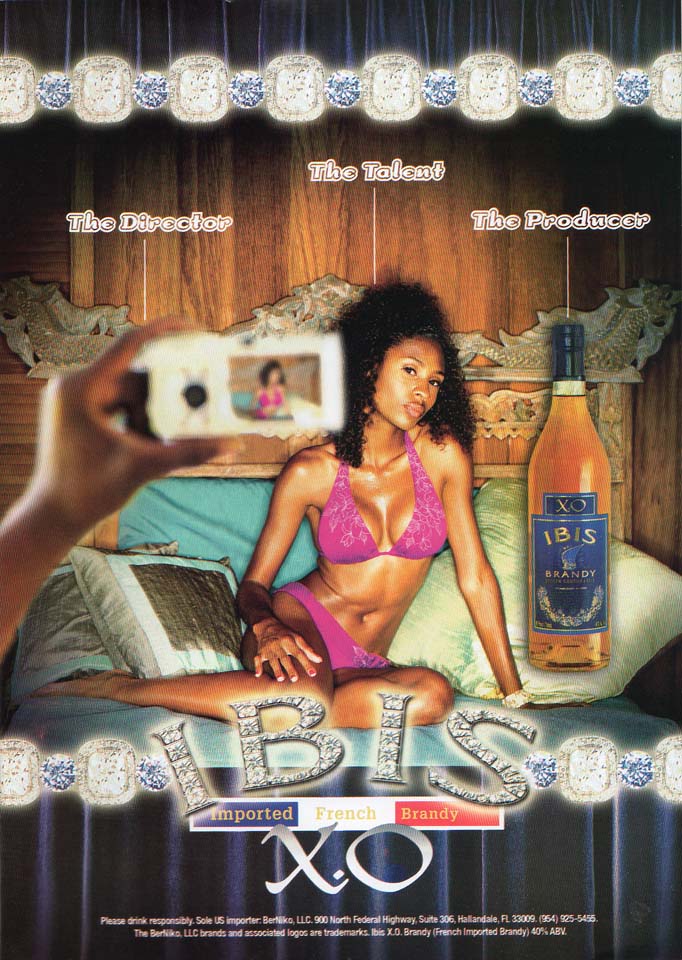The New York Times has a fascinating peak into marketing logic. The team at Frito Lay discovered that women prefer to snack on veggies and fruit, but that didn’t deter them. They’re on a mission to sell more chips to the ladies.
Through market research, they discovered that women feel guilty. A lot. The article reads:
Though Frito-Lay had often tried advertising snacks as guilt-free, this led to the conclusion that “we’re not going to alleviate her guilt,” Ms. Nykoliation said. “This is something in her life. So the question for us was, how do we not trip her guilt?”
Part of the strategy was to follow the success of SunChips by toning down the packaging and showing off healthy ingredients in the snacks.
“She wants a reminder that she’s eating something better for her,” Mr. Jones said.
Baked Lay’s will no longer be in a shiny yellow bag, but in a matte beige bag that displays pictures of the ingredients like spices or ranch dressing.
So Frito Lay is attempting a guilt-detour. You don’t have to justify eating the bad-for-you-chips because they’re good-for-you-chips. The bag is a natural color instead of neon orange and there are actual food stuffs on the front instead of a Cheetah!
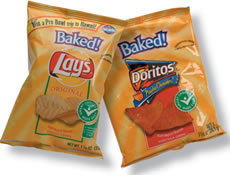
(image via)
This is a nice example of the appeal to nature as a marketing strategy. Of all of the marketing strategies out there designed to make us buy things that we don’t need and perhaps don’t even want, I suppose this is rather innocuous (though I could argue that it makes it more difficult for us to actually evaluate what foods are and are not “natural”).
Alongside this makeover, Frito-Lay is also starting a website and animated cartoon serial designed to appeal to women. I’ve embedded the “trailer” below. Notice how it affirms the idea that women are obsessed with food and their weight, at the same time that it is carefully crafted so as to encourage women to “cheat.” As the woman in the video says about her cookie: “So if I eat it standing up, it doesn’t count right?” And her friend replies: “Absolutely.” Everyone knows that it still “counts,” but when the one friend eggs on the other, we all feel more comfortable “cheating.” Frito Lay foods for everyone!
So the commercial reproduces the stereotype that women are boy crazed whiners with a deranged relationship to food and an embarassing obsession with shoes. [By the way, Gwen and I are, like, totally like this. It’s amazing we even have time to be sociologists, what with all the traipsing around in high heels, discussing diet fads, and oogling cute boys!]
Okay, so it reproduces rather repugnant ideas about women. What’s the harm?
On the first day of Sociology of Gender I ask students to introduce themselves and answer a few questions including: “Are you a stereotypical man or woman? Why or why not?” Inevitably the majority of students will say that they do not conform to the stereotype, that they both do and do not have characteristics associated with it, that they display human characteristics, not just ones associated with their sex. I then ask them: “What percentage of your friends and family fit the stereotype?” They respond similarly. I follow up: “How many of you regularly find yourself starting sentences with ‘Women are so…’ and ‘Men are so…’?” They all raise their hands.
This, I suggest, is interesting. Gender stereotypes don’t come from us and aren’t validated by our actual experiences. Yet, we still talk as if they were true. If we don’t affirm the stereotype, where do they come from and why do we believe that they are true?
Well, here’s part of the answer: We know what men and women are like because we are constantly told what women and men are like. This Frito Lay campaign is one source of this particular stereotype about women; more can be found here, here, here, here, here, here, here, and here.
Another question, and one I’d love to know the answer to, is: Why is it that, when cultural messages and actual experiences contradict each other, we come out endorsing the cultural messages?


